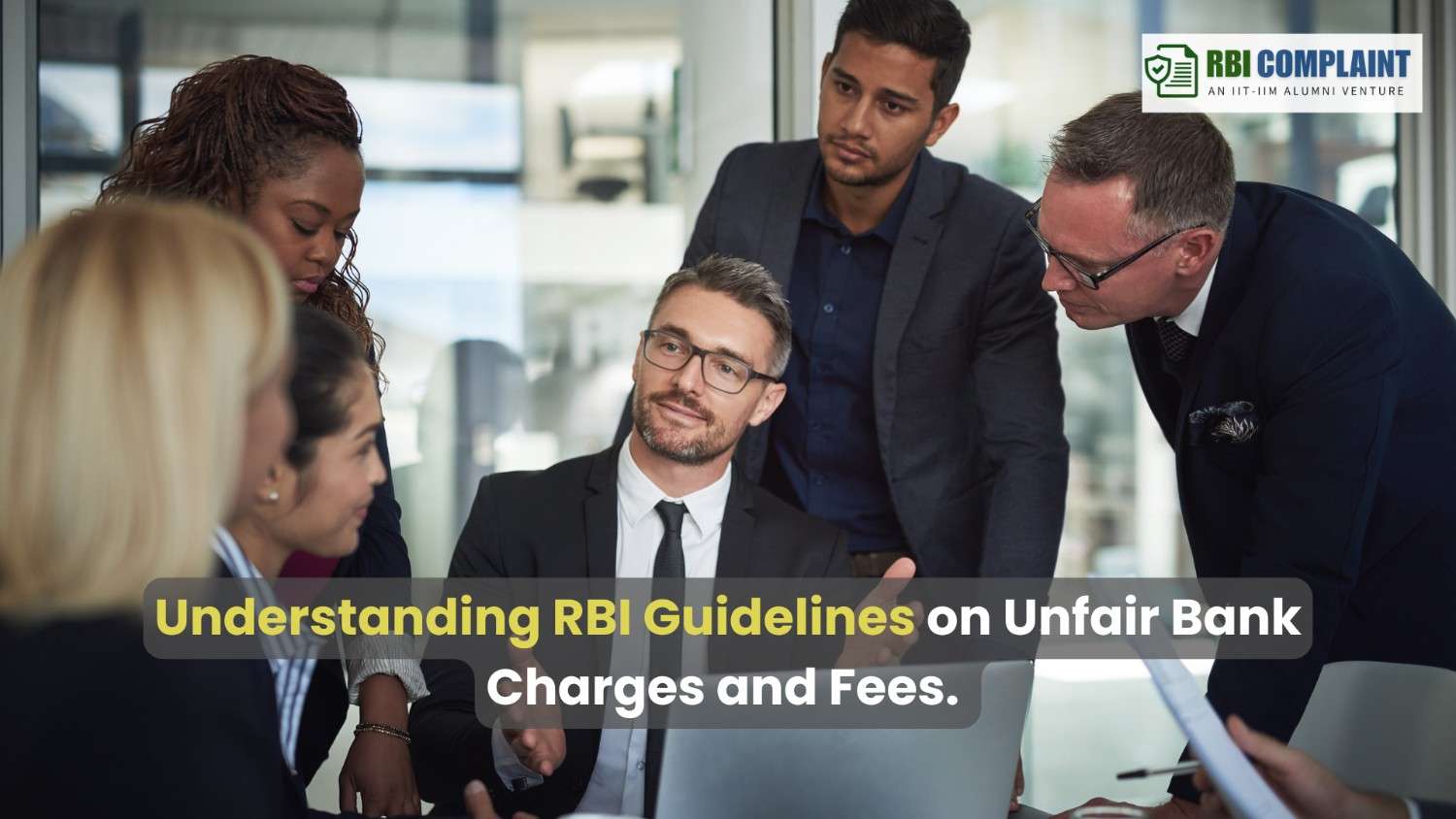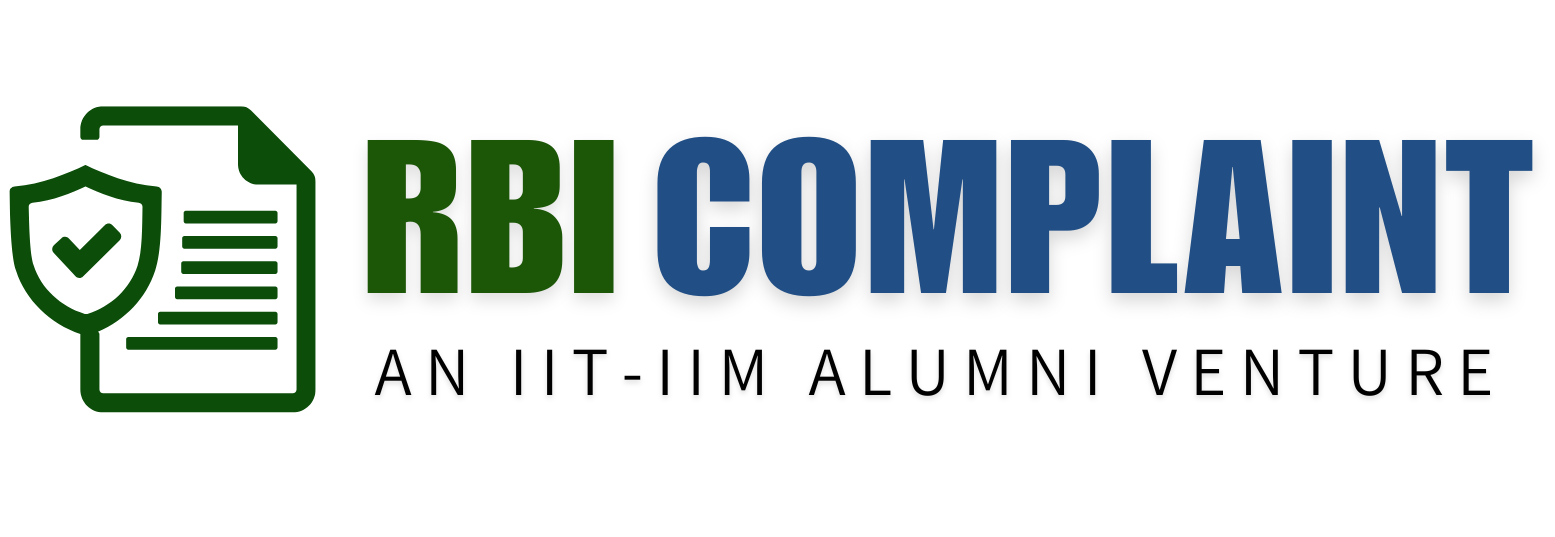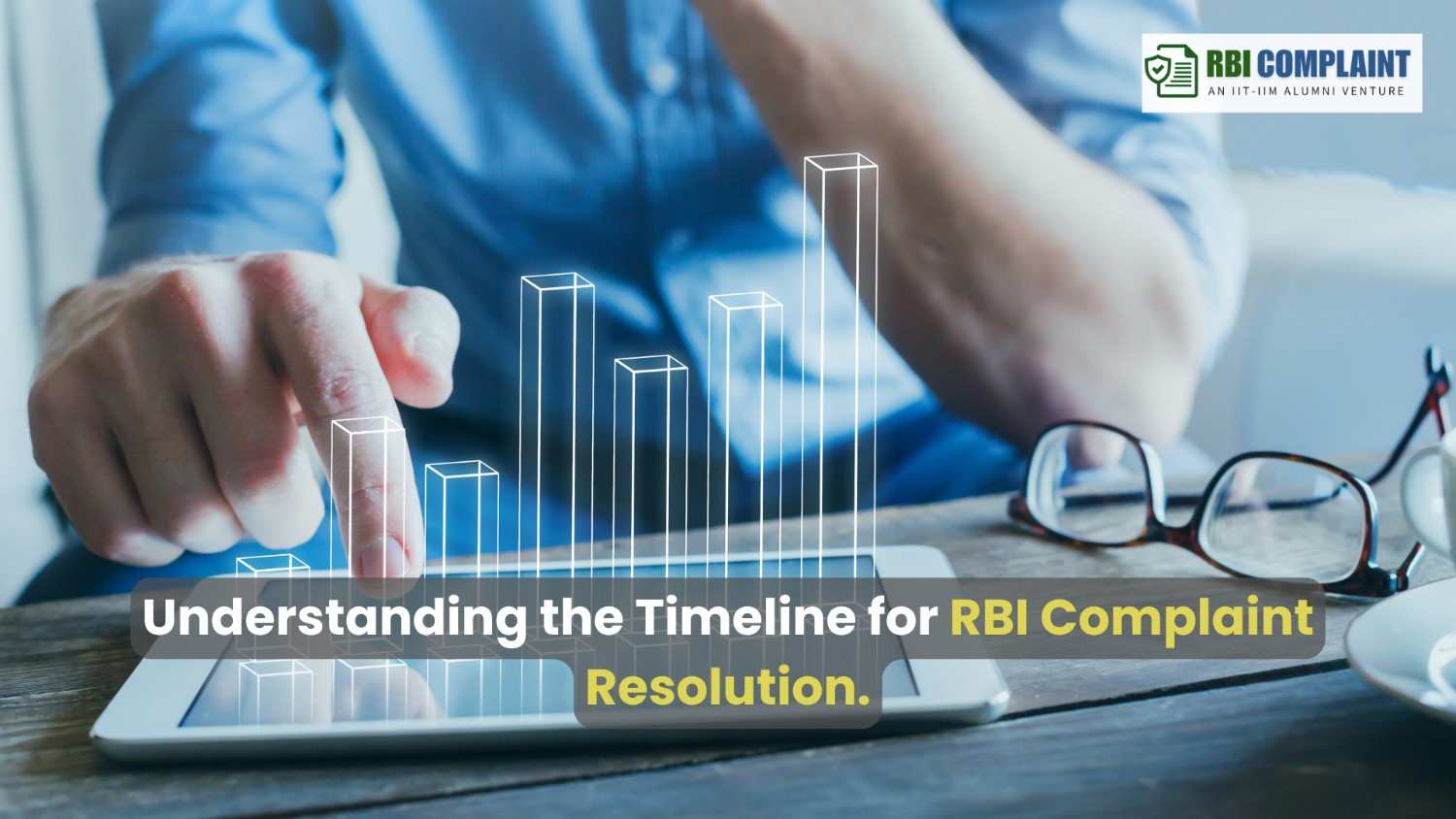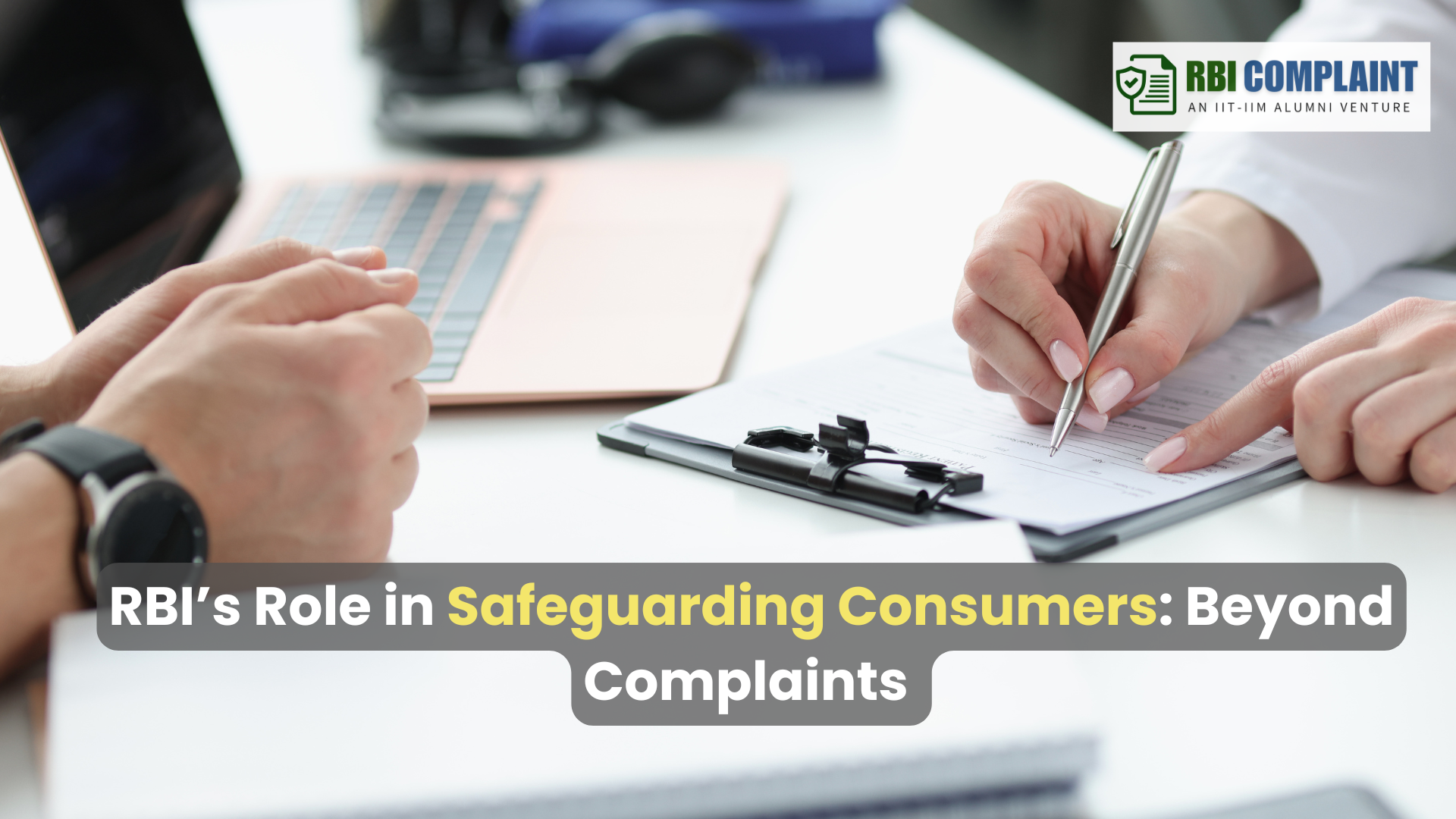· Finance · 4 min read
Understanding RBI Guidelines on Unfair Bank Charges and Fees
Discover RBI guidelines on unfair bank charges in India, Learn your rights, avoid excessive fees, and ensure banking transparency in 2025

The Reserve Bank of India (RBI) plays a crucial role in regulating the banking sector to ensure fairness and transparency for customers. One key area of focus is preventing banks from imposing unfair bank charges and fees. Over the years, the RBI has introduced guidelines to protect consumers from exploitative practices, ensuring that banking services remain affordable and equitable. In this article, we’ll explore the RBI guidelines on unfair bank charges, what they mean for consumers, and how you can safeguard your rights as a bank customer in India.
What Are Unfair Bank Charges?
Unfair bank charges refer to excessive or unjustified fees imposed by banks on customers for services like account maintenance, ATM usage, loan processing, or penalties for non-compliance with minimum balance requirements. These charges often lack transparency, leaving customers confused and financially burdened. The RBI has identified such practices as detrimental to consumer trust and has laid down strict RBI banking regulations to address them.
Key RBI Guidelines on Unfair Bank Charges and Fees
The RBI has issued several directives to curb unfair practices in banking. Here are some highlights of the RBI guidelines on unfair bank charges:
Transparency in Fee Structure
Banks must clearly disclose all charges associated with their services. This includes fees for savings accounts, credit cards, loans, and digital transactions. Hidden charges are strictly prohibited.Reasonable Charges
The RBI mandates that fees must be reasonable and proportionate to the service provided. For instance, penalties for failing to maintain a minimum balance should not be exorbitant.Customer Consent
Banks cannot impose charges without prior customer consent, especially for additional services or products bundled with existing accounts.Grievance Redressal
Under the RBI guidelines, banks are required to establish robust grievance redressal mechanisms to address complaints about unfair fees promptly.Caps on Penalties
For certain services, such as ATM withdrawals beyond the free limit or loan prepayment, the RBI has set caps to prevent overcharging.
These guidelines aim to enhance consumer rights in banking and ensure that banks prioritize customer welfare over profit.
Why RBI Guidelines Matter to You
As a bank customer in India, understanding the RBI guidelines on unfair bank charges empowers you to question suspicious fees and hold banks accountable. For example, if you’re charged an unreasonable penalty for a minor transaction error, you can refer to these regulations and file a complaint with your bank or the RBI’s Banking Ombudsman.
How to Protect Yourself from Unfair Bank Fees
Here are some practical tips to avoid falling victim to unfair bank fees:
Read the Fine Print: Always review the terms and conditions of your account or loan to understand applicable charges.
Monitor Your Statements: Regularly check your bank statements for unexpected deductions.
Lodge a Complaint: If you spot an unfair charge, escalate it to your bank or the RBI’s consumer helpline.
Stay Informed: Keep up with updates to RBI banking regulations through official announcements or reliable financial websites.
Conclusion
The RBI guidelines on unfair bank charges and fees are a testament to the central bank’s commitment to protecting consumers in India. By enforcing transparency, reasonableness, and accountability, these regulations ensure that banking remains a fair and accessible service for all. If you suspect your bank is overcharging you, don’t hesitate to leverage your rights under these guidelines. Stay vigilant, stay informed, and make the most of the protections offered by the RBI.
FAQs
1. What are unfair bank charges according to the RBI?
Unfair bank charges are excessive or hidden fees imposed by banks without proper justification or customer consent, such as high penalties for minor account issues.
2. How does the RBI regulate bank fees?
The RBI enforces transparency, caps on certain charges, and mandates banks to disclose all fees upfront while ensuring they remain reasonable.
3. Can I complain about unfair bank charges?
Yes, you can file a complaint with your bank or escalate it to the RBI’s Banking Ombudsman if unresolved.
4. Are there limits on ATM withdrawal fees?
Yes, the RBI sets a limit on fees for ATM transactions beyond the free withdrawal quota, varying by bank type and location.



